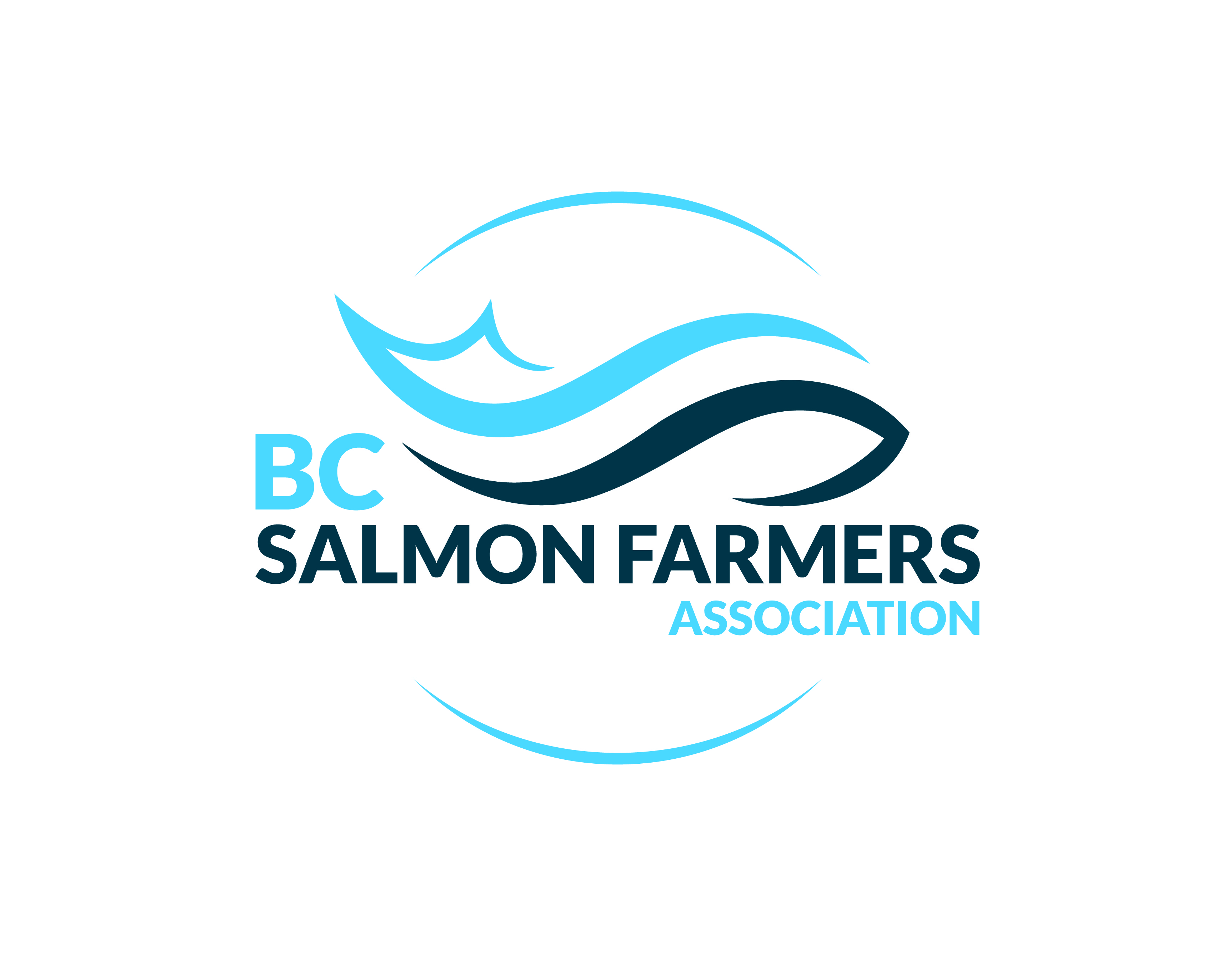Farming for the Future
Whether you are eating fresh salmon sashimi, a grilled salmon fillet, or smoked salmon, odds are it was farm-raised. Over the last 25 years, global salmon production has more than doubled. According to the International Salmon Farmers Association (ISFA), salmon farmers around the world produce 2.1 million tonnes of salmon annually, which provides roughly 14.8 billion healthy meals on dinner tables around the world each year.
A report written by the Food and Agriculture Organization of the United Nations states that aquaculture continues to be the fastest growing animal-food-producing sector. Whereas aquaculture production was less than 1 million tonnes per year in the early 1950s, worldwide production significantly increased to 52.5 million tonnes, with a value of US $98.4 billion, by 2008.
Currently, 1 in 5 people worldwide rely on seafood as their main protein source. Statistics from the Global Salmon Initiative (GSI) indicate that number will increase by 73% over the next 35 years. The GSI predicts wild fisheries will reach full depletion by 2056 – a finding that has been echoed in a study by the Vancouver Aquarium that predicts world fisheries depletion by 2048. Considering world fisheries are already 50% over-exploited, it will rest on aquaculture companies to lead the way towards providing a sustainable food source for our future. Currently more than half of the world’s fish and seafood consumption derives from aquaculture, and that figure will only increase as demand and the global population grows.
Salmon farmers in British Columbia are proud of their role in supporting the world’s food needs with a healthy nutritious protein that is available year-round, and they are committed to the sustainable growth of the industry. Home to 58% of all the salmon raised in Canada, B.C. produces 75,000 tonnes of fish and accounts for 89% of the province’s total aquaculture production. The industry continually strives to promote sustainable practices in raising and feeding their fish. For example, salmon farmers in B.C. are net producers of fish, which means that it takes less than 1kg of feeder fish to produce 1kg of edible salmon. The efficient conversion of feed to weight of fish harvested is a key component of sustainable fish farming. Water-use is also a major consideration for sustainable growth – 900 litres of water is used to raise one salmon, compared to 15,000 litres of water to produce one kilogram of beef.
Salmon - whether farm-raised or wild-caught - is one of the healthiest foods you can eat, providing numerous health benefits, such as helping to prevent heart disease, lowering cholesterol and blood pressure, boosting brain function and reducing the risk of cancer, stroke, depression, Alzheimer’s disease, arthritis, Crohn’s disease and asthma.
The global economy needs sustainable food sources that protect the earth’s natural environment and feed our growing population. Aquaculture is advancing quickly, with new innovative technologies and practices that are pushing the industry to become a leader in ensuring global food security into the future.



